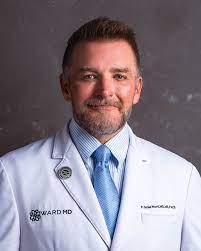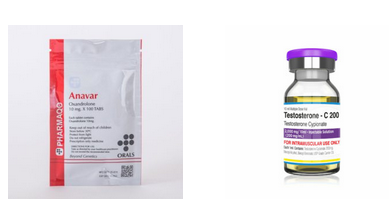The aftermath of any surgical intervention is a journey to regain normalcy. When it comes to head and neck surgery, this journey involves a recovery period that is influenced by various factors. Dr. P. Daniel Ward will offer an insight into what to expect during the recovery period post head and neck surgery.
The Element of Procedure-Specificity
The length of the recovery period post head and neck surgery is, chiefly, dependent on the type and complexity of the procedure performed. Dr. P. Daniel Ward For instance, a minor procedure like a tonsillectomy might have a recovery time spanning one to two weeks. In contrast, more complex surgeries like laryngectomy may require several weeks or even months for complete recovery.
Role of Patient’s Overall Health
The general health and wellbeing of the patient contribute significantly to the recovery timeline. Patients with superior health profiles and those who lead a more active lifestyle may recover faster than those with existing medical complications. Therefore, the patient’s fitness level cannot be understated when projecting recovery timelines.
Necessity of Post-Operative Care
A crucial part of the recovery period is dedicated to post-operative care. Constant care can expedite healing. This may encompass wound care, managing potential complications, regular check-ups, and adherence to prescribed medications. The more diligent the post-operative care, the more efficient the recovery period tends to be.
Influence of Rehabilitation and Therapy
For certain head and neck surgeries, the inclusion of rehabilitation services forms a critical part of the recovery process. Services like speech therapy, swallowing therapy, or physical therapy contribute to regaining lost abilities post-surgery. The timelines for achievement in these therapies significantly shape the overall recovery period.
Psychological Factors
Dr. P. Daniel Ward Lastly, the recovery period not only involves physical healing but also psychological adaptation. Patients needing to adjust to lifestyle changes post-surgery may require additional time for recovery. Support, counseling, and positive reinforcement play an essential role in navigating this aspect of the recovery journey effectively.



